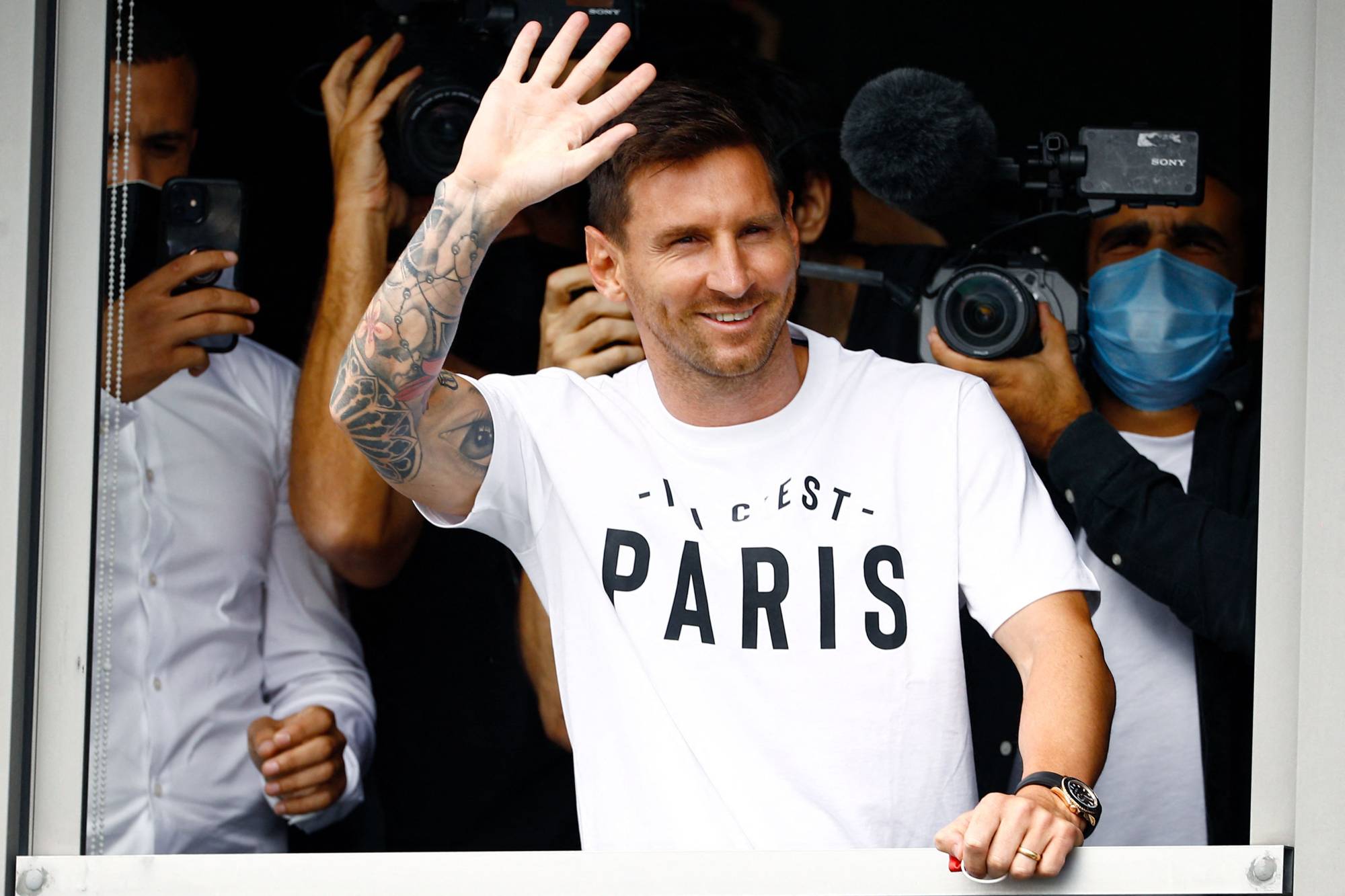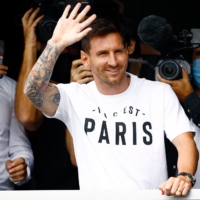In those frantic, final hours in April, before a cabal of owners of Europe’s grandest clubs unveiled their plan for a breakaway superleague to an unsuspecting and unwelcoming world, a schism emerged in their ranks.
One faction, driven by Andrea Agnelli, chairman of Juventus, and Florentino Perez, president of Real Madrid, wanted to go public as quickly as possible. Agnelli, in particular, was feeling the personal pressure of acting, in effect, as a double agent. Everything, they said, was ready; or at least as ready as it needed to be.
Another group, centered on the American ownership groups that control England’s traditional giants, counseled caution. The plans still had to be finessed. There was still debate, for example, on how many spots might be handed over to teams that had qualified for the competition. They felt it better to wait until summer.
If the first group had not won the day — if the whole project had not exploded into existence and collapsed in ignominy in 48 tumultuous hours — this would have been the week, after the Olympics but before the new season began, when they presented their self-serving, elitist vision of soccer’s future.
That the Super League fell apart, of course, was a blessed relief. That this week has, instead, been given over to a dystopian illustration of where, exactly, soccer stands suggests that no great solace should be found in its failure.
On Thursday, Manchester City broke the British transfer record — paying Aston Villa $138 million for Jack Grealish — for what may not be the last time this summer. The club remains hopeful of adding Harry Kane, talisman of Tottenham and captain of England, for a fee that could rise as high as $200 million.
And then, of course, dwarfing everything else, it emerged that Lionel Messi would be leaving — would have to leave — FC Barcelona. Under La Liga’s rules, the club’s finances are such that it could not physically, fiscally, register the greatest player of all time for the coming season. It had no choice but to let him go. He had no choice but to leave.
Everything that has played out since has felt so shocking as to be surreal, but so predictable as to be inevitable.
There was the tear-stained news conference, in which Messi revealed he had volunteered to accept a 50% pay cut to stay at the club he has called home since he was 13, where he scored 672 goals in 778 games, where he broke every record there was to break, won everything there was to win and forged a legend that may never be matched.
As soon as that was over, there came the first wisps of smoke from Paris, suggesting the identity of Messi’s new home. Paris St.-Germain was, apparently, crunching the numbers. Messi had been in touch with Neymar, his old compadre, to talk things through. He had called Mauricio Pochettino, the manager, to get an idea of how it might work. PSG was in touch with Jorge, his agent and father.
Then, on Tuesday, it happened. Everything was agreed upon: a salary worth $41 million a year, basic, over two years, with an option for a third. As his image was stripped from Camp Nou, a hole appearing between the vast posters of Gerard Pique and Antoine Griezmann, Messi and his wife, Antonela Roccuzzo, boarded a plane in Barcelona, all packed and ready to go.
Jorge Messi assured reporters at the airport that the deal was done. PSG teased it with a tweet. Messi landed at Le Bourget airport, near Paris, wearing that shy smile and a T-shirt reading: "Ici, C’est Paris.”
This was not a journey many had ever envisaged him making. But he had no other choice; or, rather, the player for whom anything has always been possible, for once, had only a narrow suite of options.
There is a portrait of modern soccer in that restricted choice, and it is a stark one. Lionel Messi, the best of all time, does not have true agency over where he plays his final few years. Even he was not able to resist the economic forces that carry the game along.
He could not stay where he wanted to stay, at Barcelona, because the club has walked, headlong, into financial ruin. A mixture of the incompetence of its executives and the hubris of the institution is largely responsible for that, but not wholly.
The club has spent vastly and poorly in recent years, of course. It has squandered the legacy that Messi had done so much to construct. But it has done so in a context in which it was asked and expected to compete with clubs backed not just by oligarchs and billionaires but by whole nation states, their ambitions unchecked and their spending unrestricted.
The coronavirus pandemic accelerated the onset of calamity, and so Barcelona was no longer in a position where it could keep even a player who wanted to stay. When it came time for him to leave, he found a landscape in which only a handful of clubs — nine at most — could offer the prospect of allowing him to compete for another Champions League trophy. They had long since left everybody else behind, relegated them to second-class status.
And of those, only three could even come close to taking on a salary as deservedly gargantuan as his. He should not be begrudged a desire to be paid his worth. He is the finest exponent of his art in history. It would be churlish to demand that he should do it on the cheap, as if it is his duty to entertain us. It could only have been Chelsea or Manchester City or Paris.
To some — and not just those who hold PSG close to their hearts — that will be an appetizing prospect: a chance to see Messi not just reunited with Neymar, but aligned for the first time with Kylian Mbappe, who many assume will eventually take his crown as the best, and with his old enemy Sergio Ramos, too.
That it will be captivating is not in doubt. And doubtless profitable: The jerseys will fly off the shelves; the sponsorships will roll in; the TV ratings will rise, too, perhaps lifting all of French soccer with it. It may well be successful, on the field; it will doubtless be good to watch. But that is no measure. So, too, is the sinking of a ship.
That the architects of the Super League arrived, in April, at the wrong answer is not in doubt. The vision of soccer’s future that they put forward was one that benefited them and left everyone else, in effect, to burn.
But the question that prompted it was the right one. The vast majority of those dozen teams knew that the game in its current form was not sustainable. The costs were too high, the risks too great. The arms race that they were locked into led only to destruction. They recognized the need for change, even if their desperation and self-interest meant they could not identify what form that change should take.
They worried that they could not compete with the power and the wealth of the two or three clubs that are not subject to the same rules as everybody else. They felt that the playing field was no longer level. They believed that, sooner or later, first the players and then the trophies would coalesce around PSG, Chelsea and Manchester City.
It was sooner, as it turns out. PSG has signed Messi. City may commit more than $300 million on just two players in a matter of weeks, as the rest of the game comes to terms with the impact of the pandemic. Chelsea has spent $140 million on a striker, too. This is the week when all their fears, all their dire predictions, have come to pass.
There should be no sympathy, of course. Those same clubs did not care at all about competitive balance while the imbalances suited them. Nothing has damaged the chances of meaningful change more than their abortive attempt to corral as much of the game’s wealth as possible to their own ends.
But they are not the only ones to lose in this situation. In April, in those whirlwind 48 hours, it felt like soccer avoided a grim vision of its future. As Messi touched down on the ground near Paris on Tuesday, as the surreal and the inevitable collided, it was hard to ignore the feeling that it had merely traded it for another.
© 2021 The New York Times Company
Read more at nytimes.com




















With your current subscription plan you can comment on stories. However, before writing your first comment, please create a display name in the Profile section of your subscriber account page.